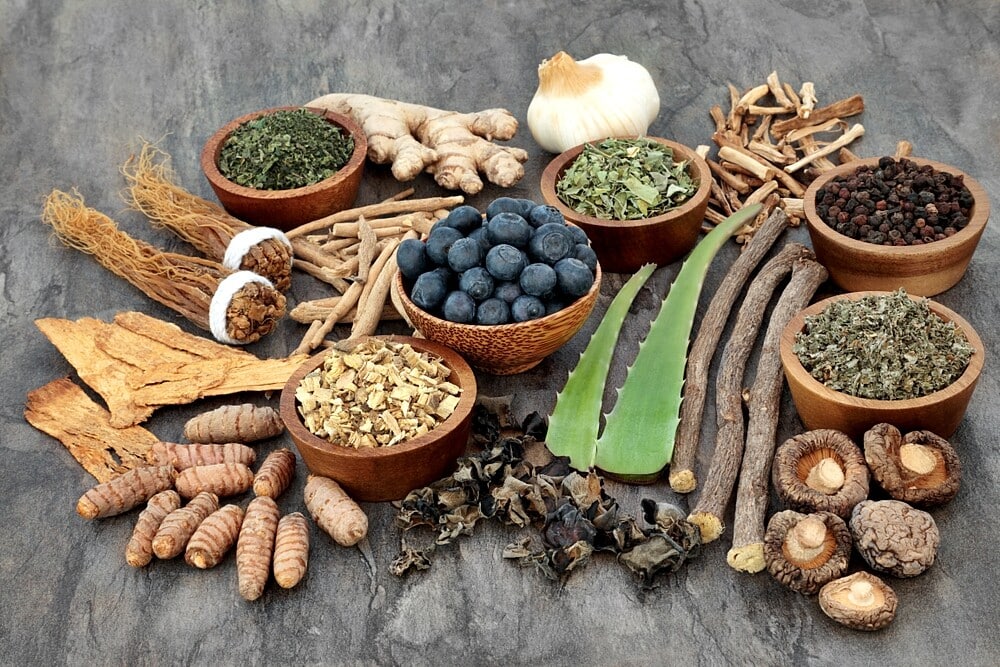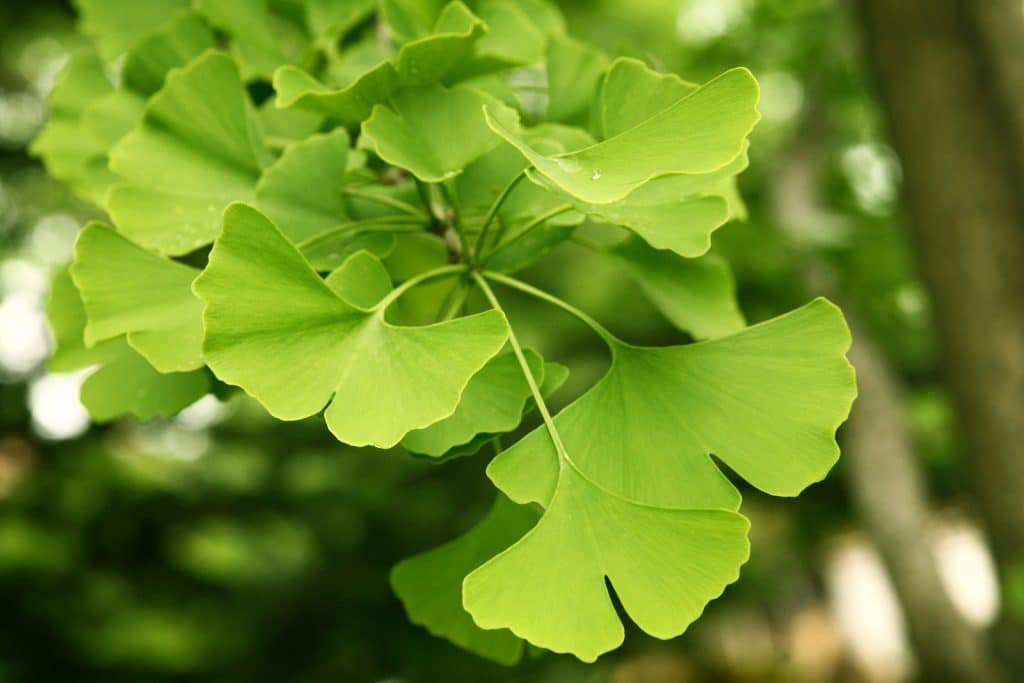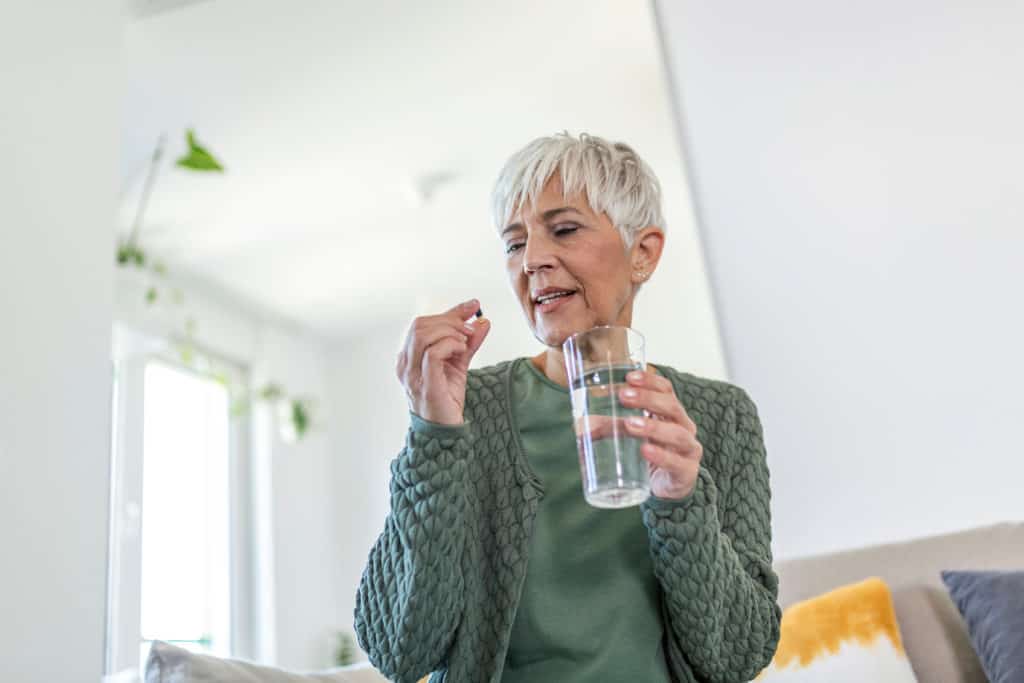In recent years, there’s been a growing interest in the use of herbal remedies, especially in the context of elderly health care. Historically, herbs have played a significant role in medicine, offering natural alternatives to conventional treatments. This article delves into the effectiveness and potential risks of various herbal remedies for the elderly. It aims to provide a comprehensive understanding of how these natural solutions can be integrated into elderly care, balancing their traditional appeal with modern medical insights.
Understanding Herbal Remedies

Herbal remedies, often derived from plants, have been used for centuries to treat a myriad of health conditions. Unlike pharmaceutical drugs, which contain highly concentrated and specific active ingredients, herbal medicines typically utilize whole plants or plant parts containing a mix of compounds. Common herbs utilized in elderly care include Ginseng, known for its energy-boosting properties, and St. John’s Wort, often used for its mood-stabilizing effects. This section will explore the nature of these remedies and how they differ fundamentally from conventional medications, providing a basis for understanding their role in healthcare.
The use of herbal remedies requires an understanding of their origins, preparation methods, and how they work in the body. Many of these remedies are sourced from traditional knowledge passed down through generations. Preparation methods can vary, from simple teas and tinctures to complex extractions. Understanding these aspects is crucial in evaluating the efficacy and safety of herbal treatments, especially in elderly populations who may have unique health considerations.
The Growing Popularity of Herbal Medicine in Elder Care

The use of herbal remedies in elder care has seen a significant increase in recent years. Surveys indicate that a considerable proportion of the elderly population now turns to herbal treatments as part of their healthcare regimen. This shift is often attributed to the desire for more natural treatment options and growing skepticism towards conventional pharmaceuticals. Personal anecdotes and case studies further illustrate this trend, showing a preference for herbal remedies due to perceived fewer side effects and a holistic approach to health.
Several factors contribute to this growing popularity. The perception of herbal remedies as ‘gentler’ and more ‘natural’ than conventional medicines appeals to many. Additionally, the cultural and personal beliefs of the elderly, coupled with the influence of holistic health movements, play a significant role in this trend. This section will delve into these reasons, supported by statistical data and real-life examples, to understand why more elderly individuals are choosing herbal treatments.
Benefits of Herbal Treatments for the Elderly

Herbal treatments offer several benefits for elderly patients, ranging from improved cognitive function to reduced inflammation. For instance, Gingko Biloba is renowned for its potential to enhance memory and cognitive abilities, while Turmeric is praised for its anti-inflammatory properties. This section will examine various herbs commonly used in elderly care, discussing their specific benefits and the scientific evidence supporting their use.
Moreover, herbal remedies can play a significant role in preventative care. Their natural properties may help in maintaining overall health and preventing the onset of certain age-related conditions. Integrating these remedies with conventional medicine can offer a more holistic approach to health care for the elderly. This section will explore how such integration can enhance the quality of life and health outcomes for older adults.
Potential Risks and Side Effects

While herbal remedies offer numerous benefits, they are not without risks and potential side effects, particularly in the elderly. The interaction of herbal treatments with prescribed medications is a significant concern, as it can lead to adverse effects or reduced efficacy of conventional drugs. Additionally, the elderly may experience different side effects due to age-related changes in metabolism and organ function. This section will discuss these risks in detail, emphasizing the importance of professional guidance when incorporating herbal remedies into health regimens.
Moreover, the quality and purity of herbal products can vary greatly, leading to inconsistencies in dosages and potential contamination. This variability poses a risk to the elderly, who may be more vulnerable to these inconsistencies. The lack of stringent regulation in the herbal supplement industry further complicates this issue. Case studies highlighting adverse effects due to poor-quality herbal products will be examined, underscoring the need for caution and diligence in selecting herbal treatments.
Herbal Remedies vs. Conventional Medicine

The debate between the efficacy of herbal remedies and conventional medicine is ongoing. Herbal treatments are often praised for their natural origin and holistic approach, addressing not just symptoms but the overall well-being of the individual. However, the scientific community raises concerns about the lack of rigorous clinical trials to substantiate many of these claims. This section will provide a balanced comparison, highlighting both the advantages and shortcomings of herbal and pharmaceutical treatments as viewed by medical professionals and patients alike.
The pros and cons of each approach are multifaceted. Herbal remedies often have fewer side effects and can be more cost-effective, but they may lack the potency and targeted action of conventional drugs. On the other hand, pharmaceuticals are typically backed by extensive research and standardization but can come with a higher risk of side effects and greater costs. Perspectives from healthcare professionals will be included to offer a comprehensive view of the effectiveness and suitability of each treatment method for the elderly.
Accessibility and Cost-Effectiveness

One of the key factors influencing the choice of treatment in elderly care is the accessibility and cost-effectiveness of the options available. Herbal remedies are often perceived as more affordable and accessible than prescription drugs. This is particularly relevant for the elderly, many of whom are on fixed incomes and may struggle with the high costs of conventional healthcare. This section will analyze the cost differences between herbal and pharmaceutical treatments, considering factors like insurance coverage and availability.
Furthermore, the availability of herbs and natural products plays a crucial role in their adoption. While some herbal remedies are readily available and can even be grown at home, others might be more difficult to source or require specialist knowledge to use effectively. The role of insurance in covering the costs of these treatments will also be discussed, as this can significantly impact the accessibility of various healthcare options for the elderly. This analysis will provide insights into the practical aspects of choosing between herbal and conventional treatments from a financial and accessibility standpoint.
Legal and Ethical Considerations

Navigating the legal and ethical landscape of herbal remedies in elderly health care is crucial. The regulatory framework governing the use of these remedies varies significantly across regions, often leading to confusion and inconsistency in quality and marketing. The FDA and other regulatory bodies play a pivotal role in ensuring the safety and efficacy of these products, but their jurisdiction and the extent of regulation can be limited compared to conventional medicines. This section will explore the current regulations and the ethical implications of recommending herbal treatments to the elderly, including issues of informed consent and the responsibility of healthcare providers.
The ethical considerations in prescribing or recommending herbal remedies are complex, especially for vulnerable populations like the elderly. There is a fine line between respecting patient autonomy in choosing herbal treatments and ensuring they are well informed about the potential risks and benefits. This section will also delve into the challenges healthcare professionals face in navigating these ethical dilemmas, such as balancing traditional practices with evidence-based medicine and addressing potential biases against or in favor of herbal remedies.
Educating the Elderly about Herbal Remedies

Education is key in empowering the elderly to make informed decisions about herbal remedies. Understanding the potential benefits and risks, correct dosages, and how to identify high-quality products is essential for safe and effective use. This section will discuss the various resources and programs available for the elderly to learn about herbal medicine. It will also emphasize the role of healthcare providers in offering accurate and unbiased information, helping to bridge the gap between traditional knowledge and modern scientific understanding.
The involvement of caregivers and family members is also crucial in educating and supporting the elderly in the use of herbal remedies. They can play a significant role in researching, purchasing, and administering these treatments, as well as monitoring for any adverse effects. This section will highlight strategies for caregivers to become more informed and involved in the herbal treatment process, ensuring a supportive and safe environment for the elderly to explore these natural health options.
Final Reflections on Herbal Remedies in Elderly Care
This exploration into the world of herbal remedies for elderly health care reveals a complex yet promising landscape. Herbal treatments offer potential benefits, often accompanied by fewer side effects than conventional medicines, but they also bring challenges in terms of regulation, potential risks, and the need for proper education. As the elderly population increasingly turns towards natural health options, it’s vital to balance traditional wisdom with modern scientific scrutiny. Looking forward, the integration of herbal remedies into elderly care requires a collaborative effort among healthcare providers, patients, and caregivers, fostering an environment of informed choice and safety.


